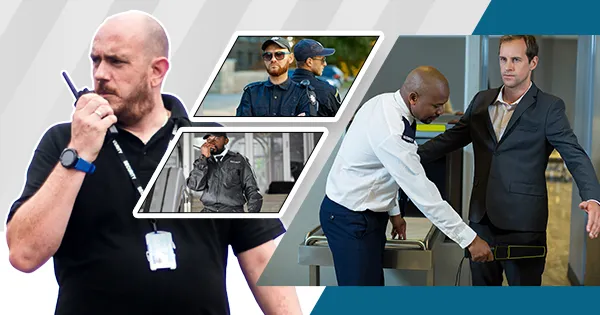Brexit has brought significant changes to the UK workforce, affecting various sectors, including security services. The availability of trained personnel, new regulations, and operational challenges have all influenced how security guard services operate across the country.
Changes in Workforce Availability
With new immigration rules, hiring experienced security personnel has become more challenging. Companies now often rely on professional security services in the UK to ensure coverage without compromising safety standards.
Compliance and Regulatory Adjustments
Post-Brexit, compliance with local laws and regulations is critical. Businesses often integrate security services with broader facility management strategies, including building maintenance services in the UK, to ensure that security and operational standards are met simultaneously.
Operational Challenges and Solutions
Adapting to Brexit-related changes requires flexibility and professional support. Outsourcing to established security service providers helps companies manage risks, maintain safety, and address staffing constraints effectively.
Conclusion
Brexit has reshaped the landscape for security guard services in the UK, emphasizing the importance of professional support and integrated facility management solutions to maintain safety and compliance.


